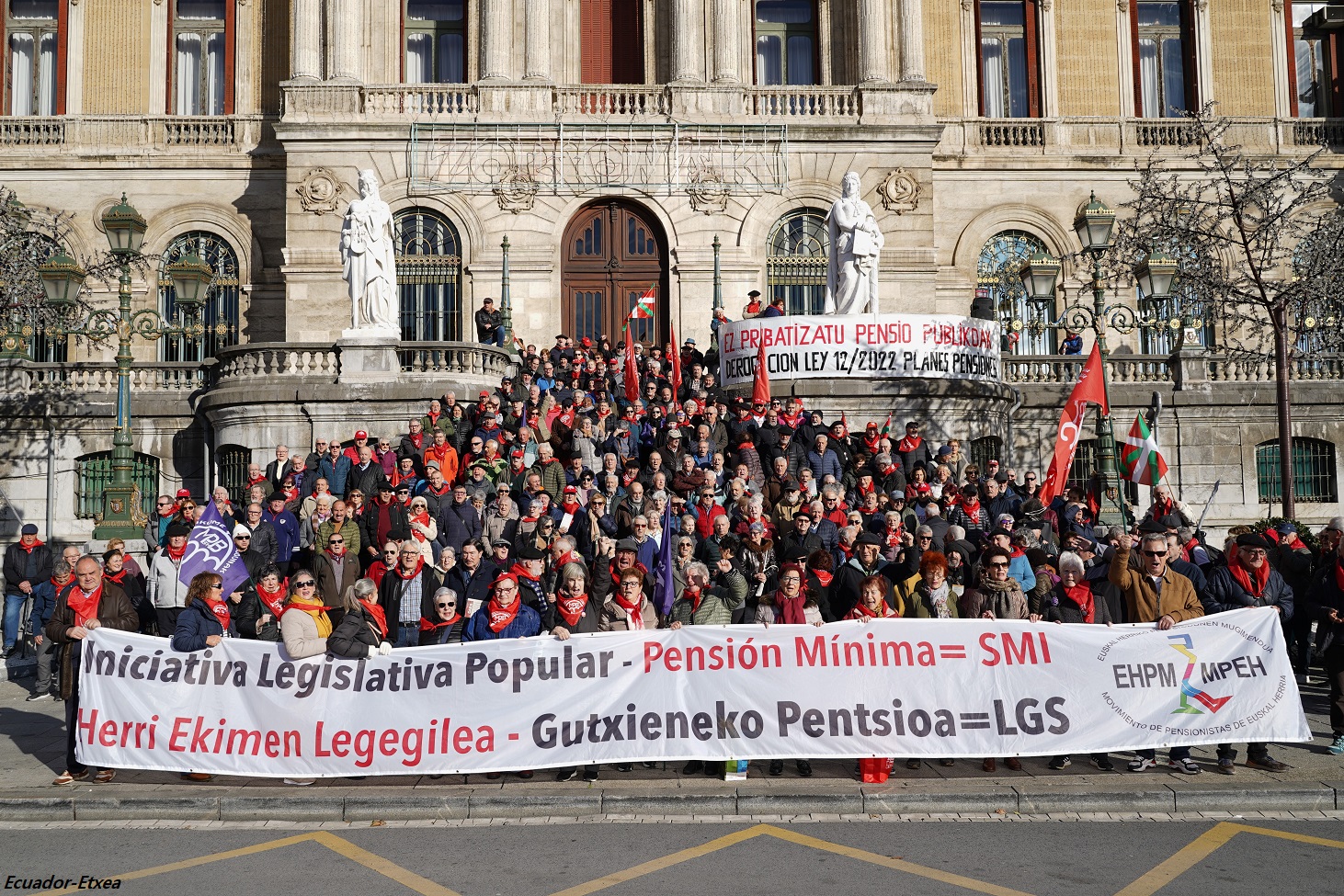
- 4.9% of new retirees have to reconcile the pension with some work in the Spanish state. In Estonia it is 55%.

Last week Eurostat published some data on people who have just retired. The study, carried out in 30 European countries, concludes that, on average, 13% of pensioners who retire have to continue to work for at least six months after their retirement. Among newly retirees, Estonia is the country where more people are forced to reconcile pension with work, with 55% of cases.
Latvia (44.2 per cent), Lithuania (43.7 per cent), Iceland (42.3 per cent) and Sweden (41.7 per cent) are the most employed countries among newly retired people. Conversely, the lowest percentages have been in Romania (1.7%), Greece (4.2%), Spain (4.9%), Croatia (5%) and Slovenia (8%).
Far from the positive readings on data from the Spanish state, Carlos Bravo, from CCOO, warned that this low percentage can be explained by a common trend in the labor market: Systematic exclusion of staff over 55 years of age. According to Eurostat, in the Spanish State the percentage of retired people with the most recent incorporation is 25.8%, who had been unemployed for at least half a year. This average figure is 22.4% in Europe as a whole.
Pension reforms
Reforms to delay retirement are being designed in many countries, including the French and Spanish States. The legal impulses go in this direction: according to the majority unions and the employers, the Spanish Government has put on the table measures to delay the retirement age to 67, and the French Government imposed last year, by decree, to delay the retirement age to 64.